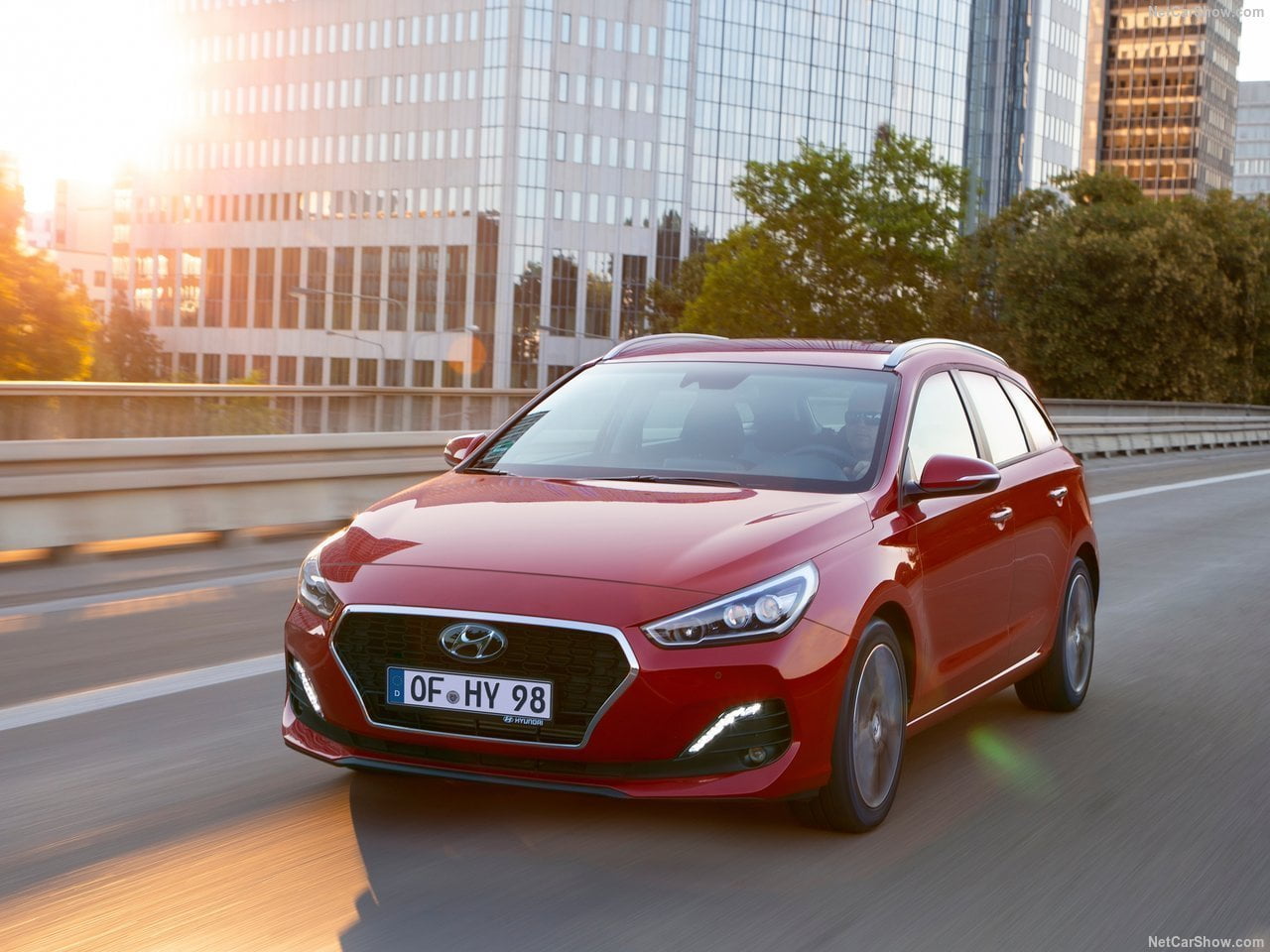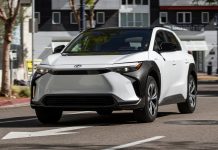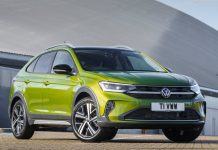Nigerian Cars Market in the 2019 the light vehicles market was back in difficulties, following the fast recover shown in the previous year and sales declined 35.3% at 11.300 units, the second worst level in the last decade.
Economic Environment
Nigerian economy likely gathered further momentum in the final stretch of 2019, on the heels of accelerating growth in the third quarter amid quickening activity in the non-oil economy. Bank lending to both households and businesses picked up markedly in October–November, boding well for consumption.
Moreover, the PMI edged higher in Q4 from Q3 on sustained new business and employment growth. Coupled with firms growing more confident about overall economic conditions—reaching the highest level of 2019 in December—and over their own operations in the quarter, particularly in the key industrial and services sectors, indicates improved private-sector dynamics at the closing of 2019.
Economic growth is seen strengthening only slightly this year, mainly driven by firmer household spending on the back of the minimum wage hike.
Conditions remain challenging, however, with overall activity weighed on by power shortages, elevated unemployment, high inflation, insecurity and a more subdued global economy.
Market Trend
Nigerian market – placed 8th worldwide as population and natural resources – was the “gold mine” of the African automotive industry while actually is a market with just few new models sold and a huge bulk of pre-owned imported vehicles
Indeed, until the 2014 the market grew steady, eventually hitting the 57.000 units record for new vehicles, when the Government decided to fix two targets for the industry, aiming to boost local production at over half million annual units, creating the hub for the entire region, while support the development of domestic market, projected to grow four times in the following 5 years to hit the 200.000 annual sales in the 2020.
At the end of that year the Nigerian Automotive Industry Development Plan was created matching the Brazilian’s one in which the government rather than “invite” to produce locally, “forced” car-makers to appoint local facilities wishing to be part of the “party”.
In the first two following years the government released almost 30 licenses, while the domestic market collapsed falling down at 11.743 units (including HCVs and bus) in the 2017, due to the deep economic crisis generated by the fall in oil price and the poor domestic demand. So, despite the released licences, no-one started to create local plant, waiting for better times.
In the 2018 the market started to recovery, considering the level was near 20% of the 2014 level. Sales grew up at 19.545 (including near 2k of HCVs) and a first group of car manufacturer started to open – in same cases to reopen – small local plant to supply the domestic market. This is the case of Mitsubishi Motors, Peugeot, Nissan, Byd. Volkswagen recently announced the desire to re-opening the local plant closed 40 years ago.
A local Joint-venture, Innosov, started the production with huge difficulties both in terms of financing and production skills. However they started to deliver the first models in the 2018.
In the 2019 the light vehicles market was back in difficulties, following the fast recover shown in the previous year and sales declined 35.3% at 11.300 units, the second worst level in the last decade.
With near 25% of market share, Toyota is the leader ahead of Hyundai and Ford.
Tables with sales figures
In the tables below we report sales for Top Brands











